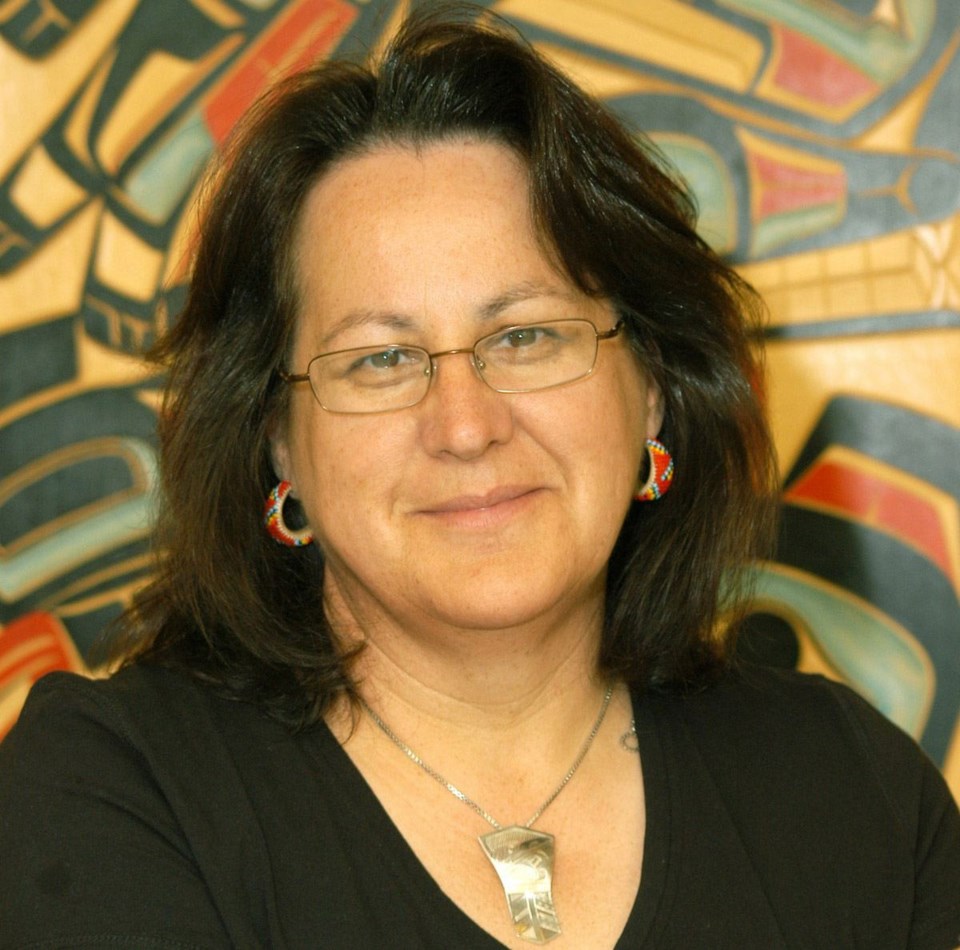A Prince George researcher is helping develop an international electronic reporting system to monitor children's health.
Margo Greenwood, a University of Northern B.C. professor, will be GlobalChild's expert when it comes to preparing indigenous appropriate indicators of health. The five-year project, made possible by a $1.1-million award from the Canadian Institutes of Health and Research, is being developed by the University of Victoria.
The database is closely tied to the United Nations Convention on the Rights of the Child. And while 196 countries have signed on to 1989 convention, Greenwood said GlobalChild will address the gap in knowledge about whether the guidelines are truly followed.
"It's like a report card," said Greenwood, a co-investigator for the platform, who also acts as academic leader of the National Collaborating Centre for Aboriginal Health, based in Prince George.
"This is a tremendous opportunity for us to actually implement and hold ourselves accountable for our children's well being... It's extraordinarily exciting," she said. "It's another tool in the kit that we can use and we need it. We don't have it."
Some countries skip reports or fail to follow reporting guidelines and the UN committee lacks data it needs to offer recommendations for improvements. In this way, the research could lead to real intervention or developing tools, offering a measurable impact Greenwood hopes to see in her lifetime.
"It's not esoteric and sitting on the shelf and theoretical. It's a practical, useful, relevant intervention that's going to help us in our journey," said Greenwood, adding the indicators will look at policy, programs and impact of the convention's articles in a given country.
A University of Victoria researcher is the lead investigator on the five-year project.
"Despite Canada's important role in the development and promotion of the (convention), it is consistently falling short in compliance and reporting," said Ziba Vaghri, who is an expert on child development, in the Aug. 26 press release before its launch. "This project will help align Canada's internal processes with our international obligations by creating an accountability tool."
Vaghri's team involves researchers from seven Canadian and four international universities.
As an academic whose spent nearly three decades working with indigenous children and families, Greenwood's role will really ramp up in the second phase of the project after the first indicators are developed.
"My role will be to look at... do these make sense for our children? And if they don't, how do we need to adapt, revise, add to the indicators so they are reflective of our children's reality," she said. "Indigenous children bear a greater burden of health than anybody else in this country and so it's really important."
That could be a child's access to traditional language, traditional foods and cultural activities. It's important to account for each distinct experience, especially because indigenous experience is so varied country-to-country and even region-to-region.
"Globally not everyone has had the colonial experience for one thing, not everyone regards indigenous people in the same way that we do say in the Americas because they have not had the colonial experience," said Greenwood, who praised the convention as a strong framework and starting point.
The convention holds a special place in Greenwood's heart, as one of its authors. She helped draft general comment 11, which deals with indigenous children and their rights - an experience she will pull from as she helps develop the GlobalChild platform.
Creating indicators for children also needs to happen with their social environment in mind.
"Children don't live in a bubble by themselves. They live in the context of a family and a community," she said so the platform needs to address that reality.
"This type of project, it tells us where we should be focusing our energies, focusing our resources, it has the potential to do that so that we can see where there are the gaps and that we have the evidence to show there's gaps and then we can address those in appropriate ways."



